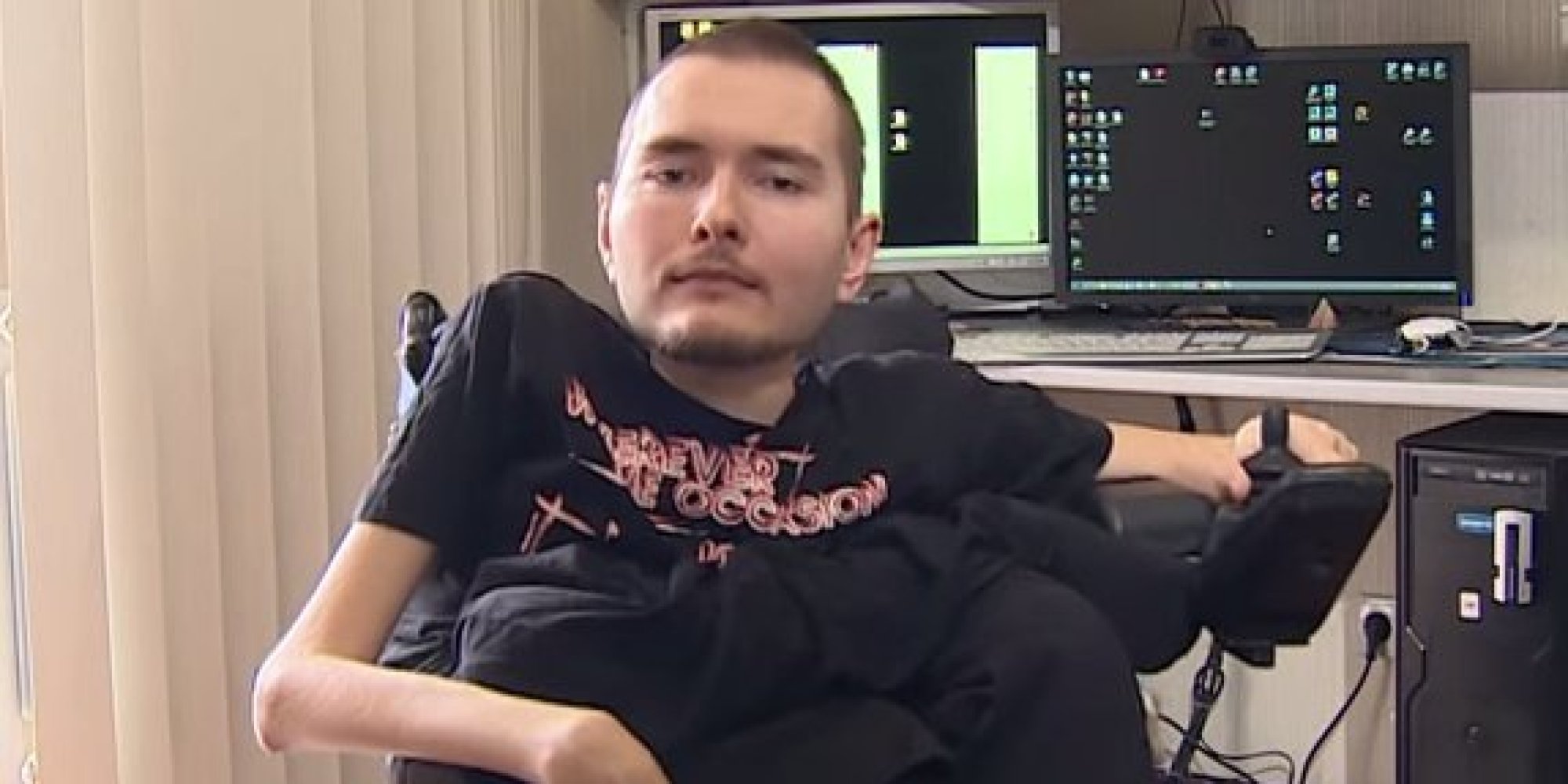Keeping ahead of the game
A 30-year-old Russian IT worker could become the first person to get a body transplant.

A 30-year-old Russian IT worker with a crippling muscle-wasting disease could become the first person ever to get a body transplant. Valery Spiridonov, from the city of Vladimir near Moscow, says that he is so crippled that he has no other option.
“Am I afraid? Of course, I am. But this is not only scary, but also very exciting,” Spiridonov told the Daily Mail. He is putting his trust in an Italian neuroscientist, Sergio Carnavero, who has been talking this procedure up for several years, and who has even given a TED talk about it.
Dr Canavero calls the operation HEAVEN, an acronym for head anastomosis venture. (Anastomosis is the surgical connecting of two parts.) He estimates that it would take a team of surgeons 36 hours and would cost US$11.5 million.
Theoretically, a head transplant may be possible. As early as 1908 an American surgeon grafted a head onto a dog, creating the first two-headed dog. In 1970, neurosurgeon Robert J. White transplanted a monkey’s head with some success, as the monkey was able to see, smell, taste and hear, although the spinal cord was not fused. The animal died after eight days because the body rejected the head.
Dr Canavero still has not examined his volunteer, although they have communicated on Skype. He is enthusiastic, telling the Daily Mail:
“I consider it to be as ethical as the transplant of the heart or kidneys. At some point of time this was considered to be unethical as well. There was much talk about where the human soul is located, and if it’s ethical to do the heart transplants, but now doctors do it and save people’s lives. I think it’s the normal way of technology to evolve. It would be strange to stop at this point when the neurosurgery is ready to take the next step.
“The bodies used for transplant could be those of people whose brain was damaged, let’s say in a car crash or motorbike accident, or who are sentenced to capital punishment. But, of course, in future humanity should learn how to grow healthy bodies for the transplants so there will be no shortage of organs and bodies.”
Bioethicist Art Caplan, of Langone Medical Center, at New York University, produced a laundry list of potential problems for CNN: poisoning the body with powerful immunosuppressant drugs, identity problems, and spinal fusion problems. In short, he says, the project is “nuts”.
https://www.bioedge.org/images/2008images/TH_body_transplant.jpg
Creative commons
body transplant
head transplant
Russia
- How long can you put off seeing the doctor because of lockdowns? - December 3, 2021
- House of Lords debates assisted suicide—again - October 28, 2021
- Spanish government tries to restrict conscientious objection - October 28, 2021
